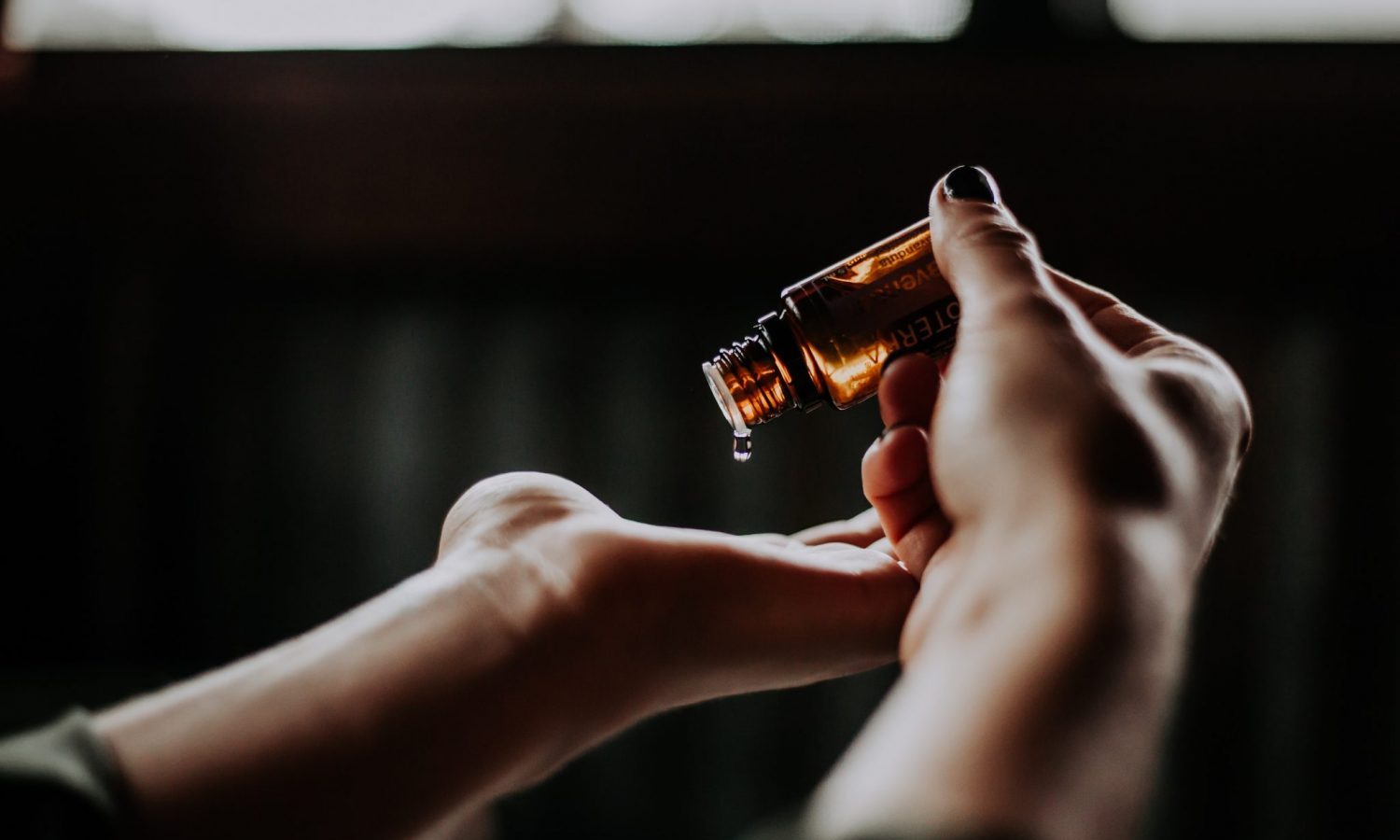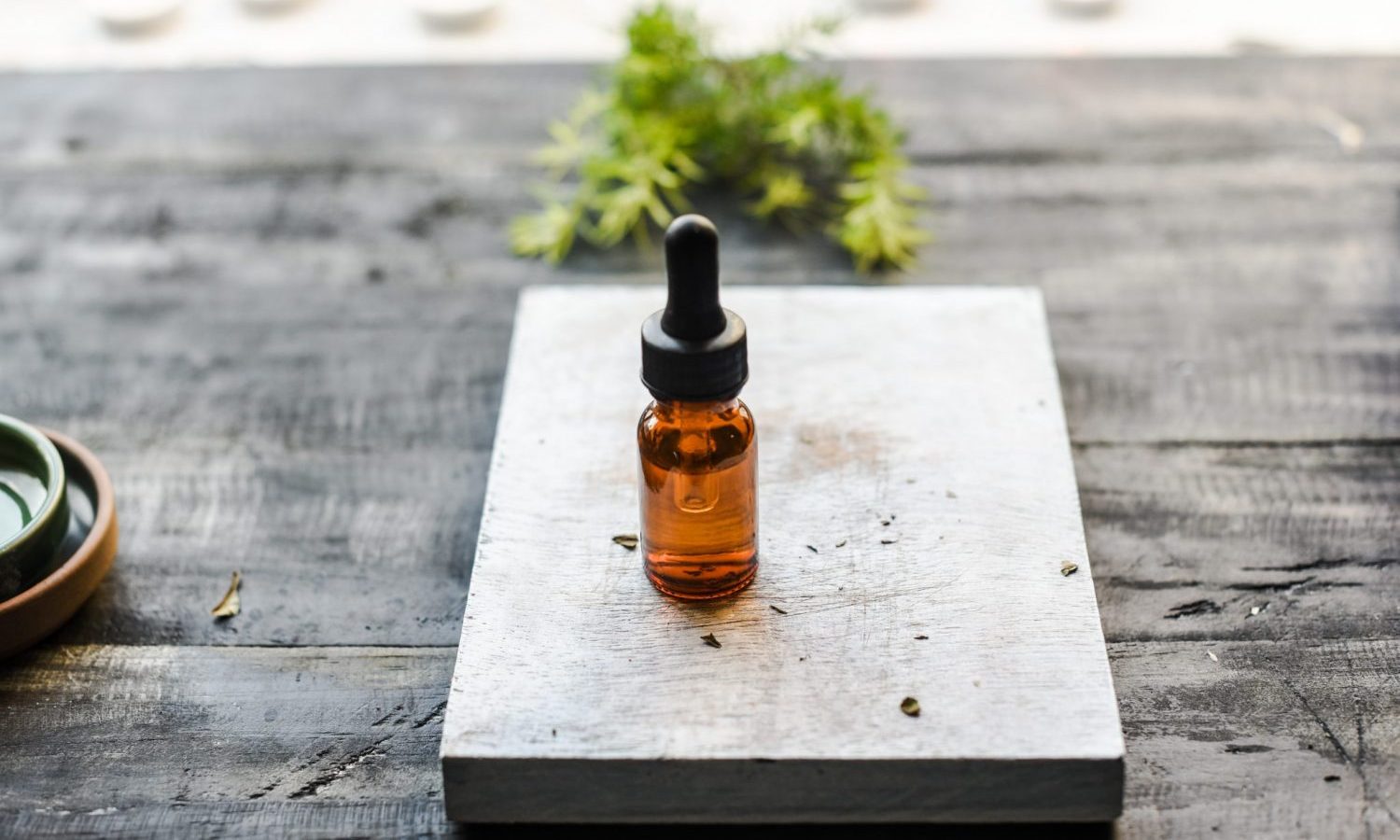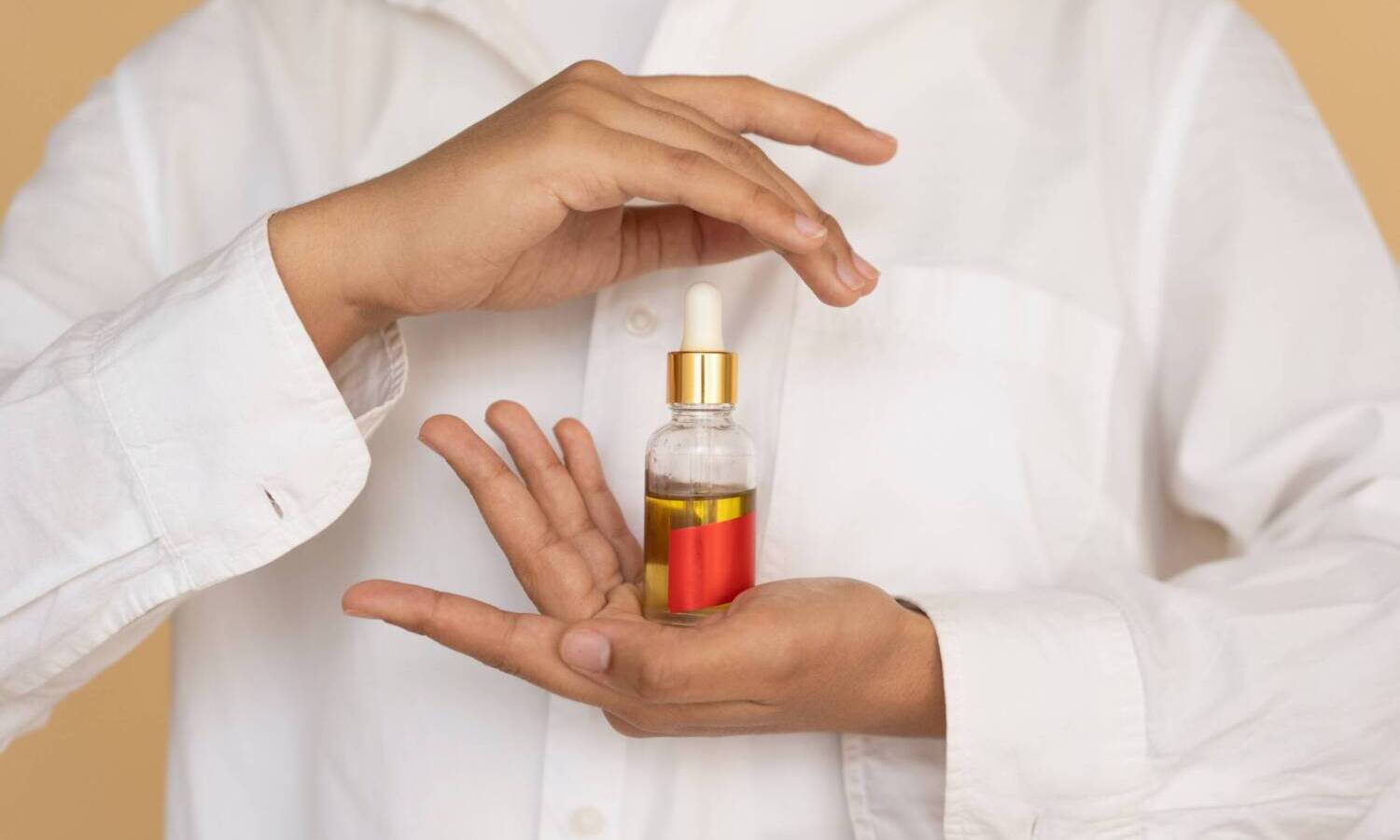With lower prices, CBD can become a true alternative to Big Pharma, and cannabis can become a plant for the people.
By Alejandro Bergad
The last two years haven’t been great for the CBD industry. The pandemic cratered in-store sales of CBD. Meanwhile, by choosing not to regulate CBD, the FDA left it in a legal gray area, limiting where it can be sold.
If you need evidence of the industry’s decline, just look at Charlotte’s Web, the largest CBD company. In mid-2019, the company’s stock price was flying high at nearly $22. Since then, it’s fallen to just over $1 — a 95% decline.

I believe there’s a way out of this mess, but most companies aren’t prepared, or willing, to see it. Let’s revisit the history of the industry to see why.
In 2014, the federal farm bill passed, and the hemp industry was reborn. Positive feedback from consumers helped CBD quickly become a craze. It was a product that could help a lot of people and offer an effective, natural alternative to pharmaceutical drugs for a variety of conditions.
Investors jumped in—betting on large industry growth—and the largest companies quickly went public (which creates the expectation of more growth). These companies ran the traditional CPG playbook, adding CBD to dog treats, seltzer and everything else under the sun. They focused on selling more to the consumer, not adding value.
Thanks to declining sales, large companies are burning cash and goodwill with their investors. They’re banking on a federal bailout: that the FDA will formally regulate CBD, thereby allowing them to peddle their premium products into larger retail channels.
All of this is missing the point.
The fundamental problem in the CBD industry is price. CBD today is so expensive that it’s only accessible to a niche segment of the population. Taking 40mg of CBD every day (as many do), costs over $120/month at today’s prices. For the majority of people, it’s vastly cheaper to use pharmaceutical products to help with the same issues.
RELATED: Cheap Vs. Expensive CBD Products: Why There’s A Staggering 5,100% Difference
That’s why in order to return the CBD industry to growth, companies will have to do something that is difficult, counterintuitive, and in many cases impossible: they will have to cut prices. A 24-count bottle of Advil costs approximately $6. There’s no reason why a 600mg bottle of CBD, which currently costs $60 on average, can’t match it.

Can the CBD industry produce a $6 bottle that can compete with Advil? For brands that are already losing money, cutting prices will only accelerate a downward spiral. But for companies who are willing to innovate, lower prices are very much within reach.
For starters, cannabis is a prolific plant. However, many companies have simply copied the agricultural and processing practices from the recreational marijuana industry rather than tailoring their methods for hemp. There is plenty of room for innovation in automation and using more cost-effective manufacturing methods for CBD.
RELATED: Does It Matter If Your CBD Comes From Industrial Hemp Or Medicinal Cannabis?
Federal clarity will help get us to lower prices. Costs are higher across the industry because many suppliers, co-manufacturers, and fulfillment partners perceive that there are risks to working with CBD companies.
Finally, companies need to approach CBD more like medicine and less like designer clothing. We shouldn’t be adding unnecessary cost to a product that could benefit millions of people. If you wouldn’t want Advil in deodorant or your chewing gum, then why would you do the same for CBD?
It’s up to the industry to make this happen, or else see CBD continue to be a shrinking, niche industry. With lower prices, CBD can become a true alternative to Big Pharma, and cannabis can become a plant for the people.
Alejandro Bergad is the CEO and co-founder of Sunsoil, a USDA certified organic hemp farm and CBD company based in Vermont.
This article originally appeared on Benzinga and has been reposted with permission.


